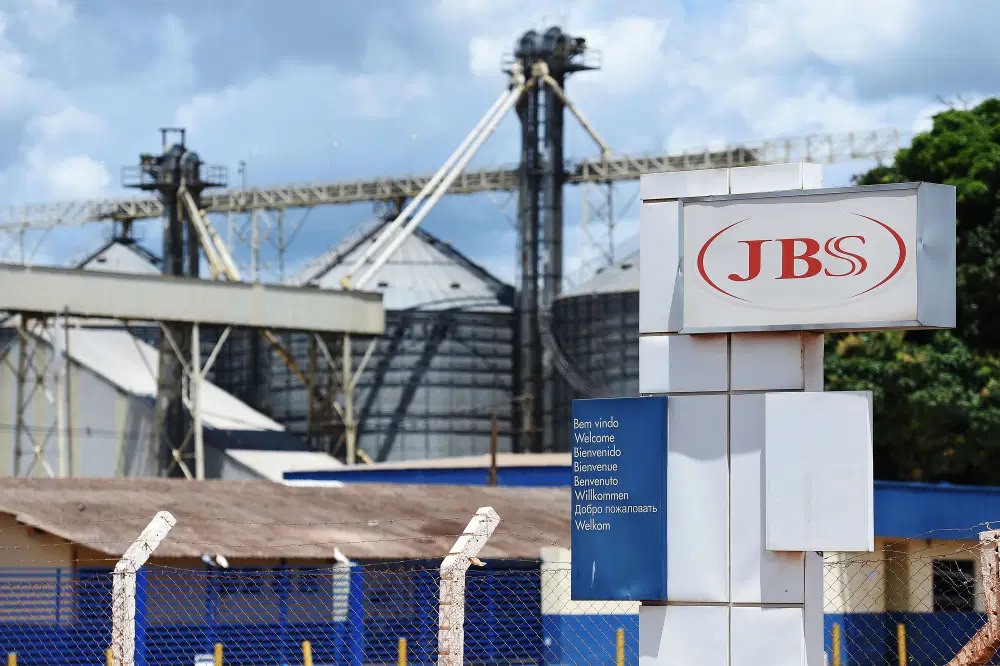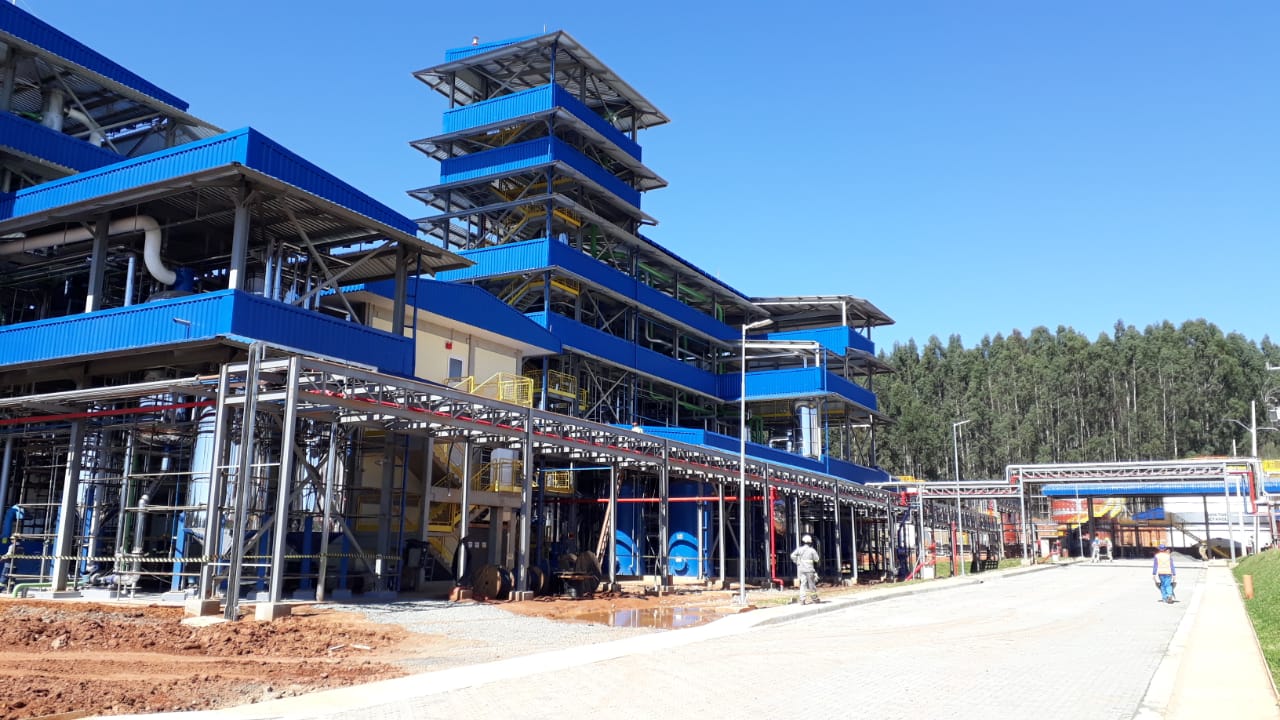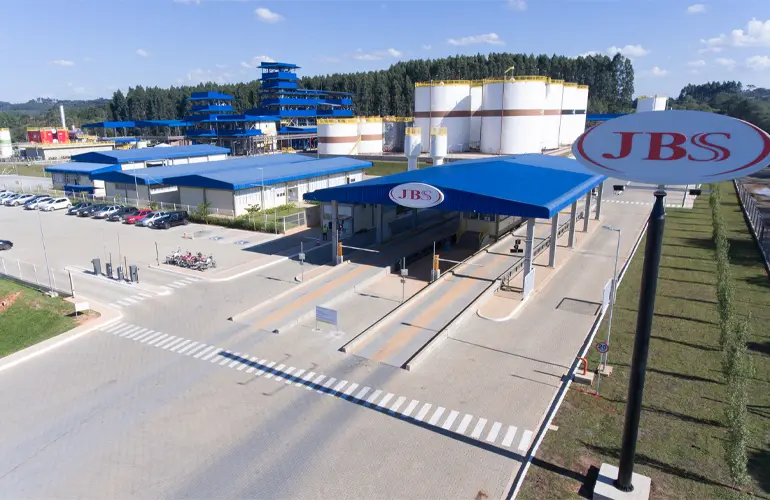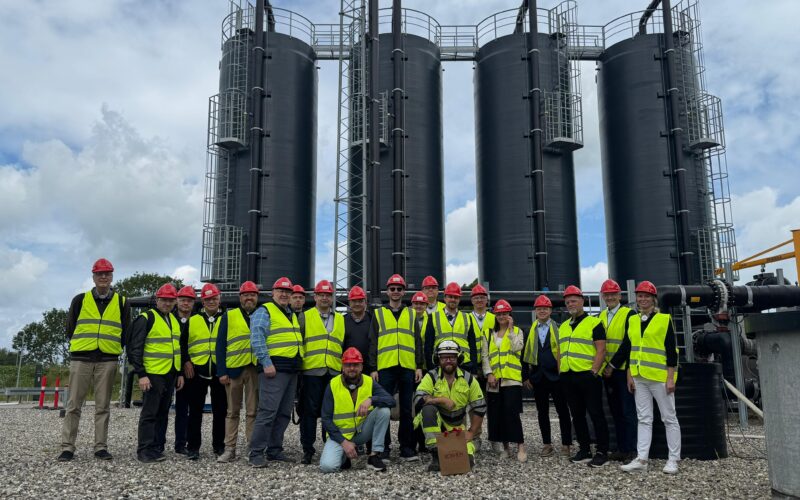JBS Biodiesel plant in Brazil
Find out how one of the world leaders in the sector is developing biodiesel projects.
In Brazil, JBS Biodiesel, part of JBS, one of the world’s leading food industry companies has commissioned a new biodiesel plant in Mafra, State of Catarina (SC).
The new plant, the third for JBS Biodiesel, adds an additional 370 million litres per annum of biodiesel capacity. The new plant in Mafra, State of Santa Catarina (SC) has over doubled the biofuel production capacity of the company.
With the new plant coming on line, the total biodiesel annual production capacity of JBS has over doubled, from 350 million litres to around 720 million litres, accounting for just over 10 percent of the volume of 6.76 billion liters of biofuel produced in 2021, according to data from the National Petroleum, Natural Gas and Biofuels Agency (ANP).


Location
Завод розташований у місті Мафра, де є легкий доступ до залізничного та автомобільного транспорту, близько розташований нафтопереробний завод, а також недалеко до третього за величиною порту Бразилії.The city of Mafra was chosen for its easy access to rail and road modals, the proximity of the Presidente Getúlio Vargas Refinery (Repar), one of Brazil’s leading diesel blending and distribution units, as well as rapid access to the Port of Paranaguá, in the State of Paraná (PR), Brazil’s third-largest port.
Investments
Investments reached about 33.7 million US dollars.
Jobs
The plats operations will create 400 direct and indirect jobs, benefitting the economy of the Western region of Santa Catarina.


Raw materials
To produce biodiesel at Mafra, JBS Biodiesel will use as raw materials recycled cooking oil and soybean oil originating from grain crushing to produce soybean meal that feeds poultry and pigs. Moreover, currently the company is the world’s largest verticalized producer of biodiesel from bovine tallow. The company also plans to strengthen the diversity of its sources of raw materials.
Corporate responsibility
The choice by JBS Biodiesel to expand its presence in the biodiesel market is in line with the JBS commitment to Net Zero whose target is to zero the balance of its value chain-related emissions by 2040.
In general, biofuels play a key role in Brazilian energy policy, and biodiesel has huge growth potential here.
Source: Bioenergy Interational.


